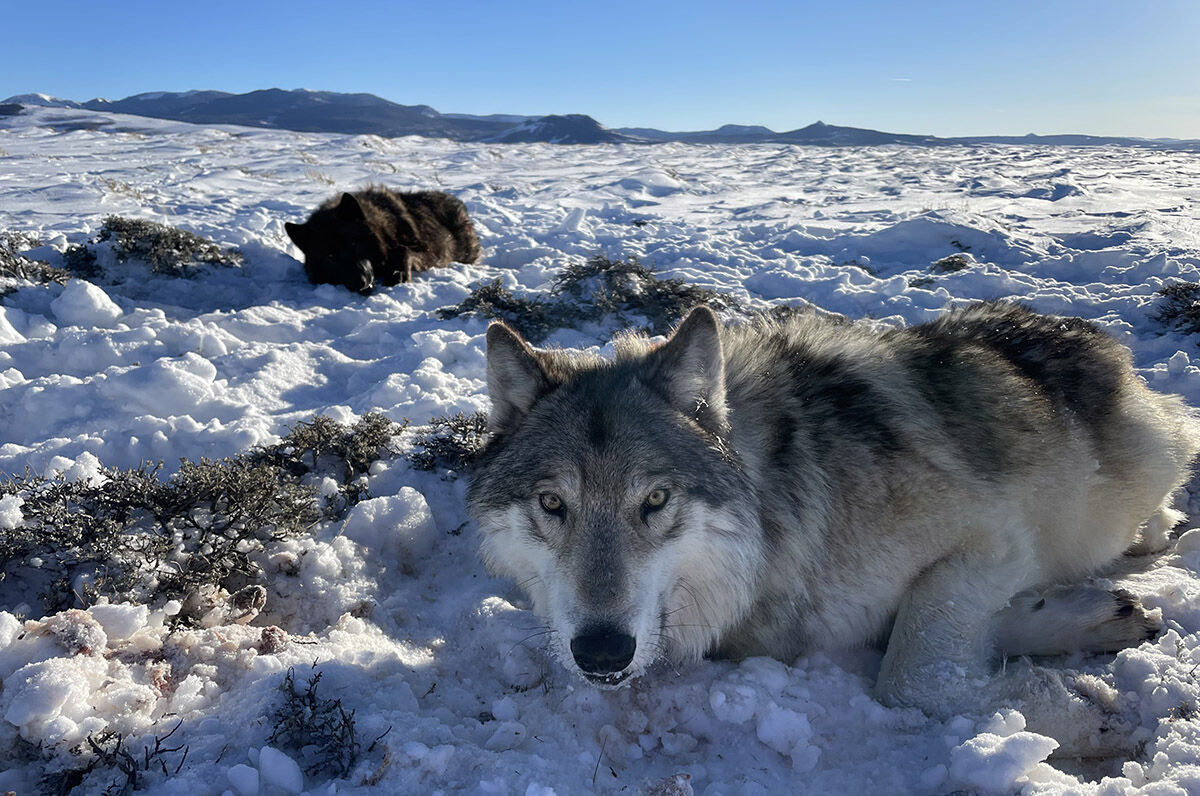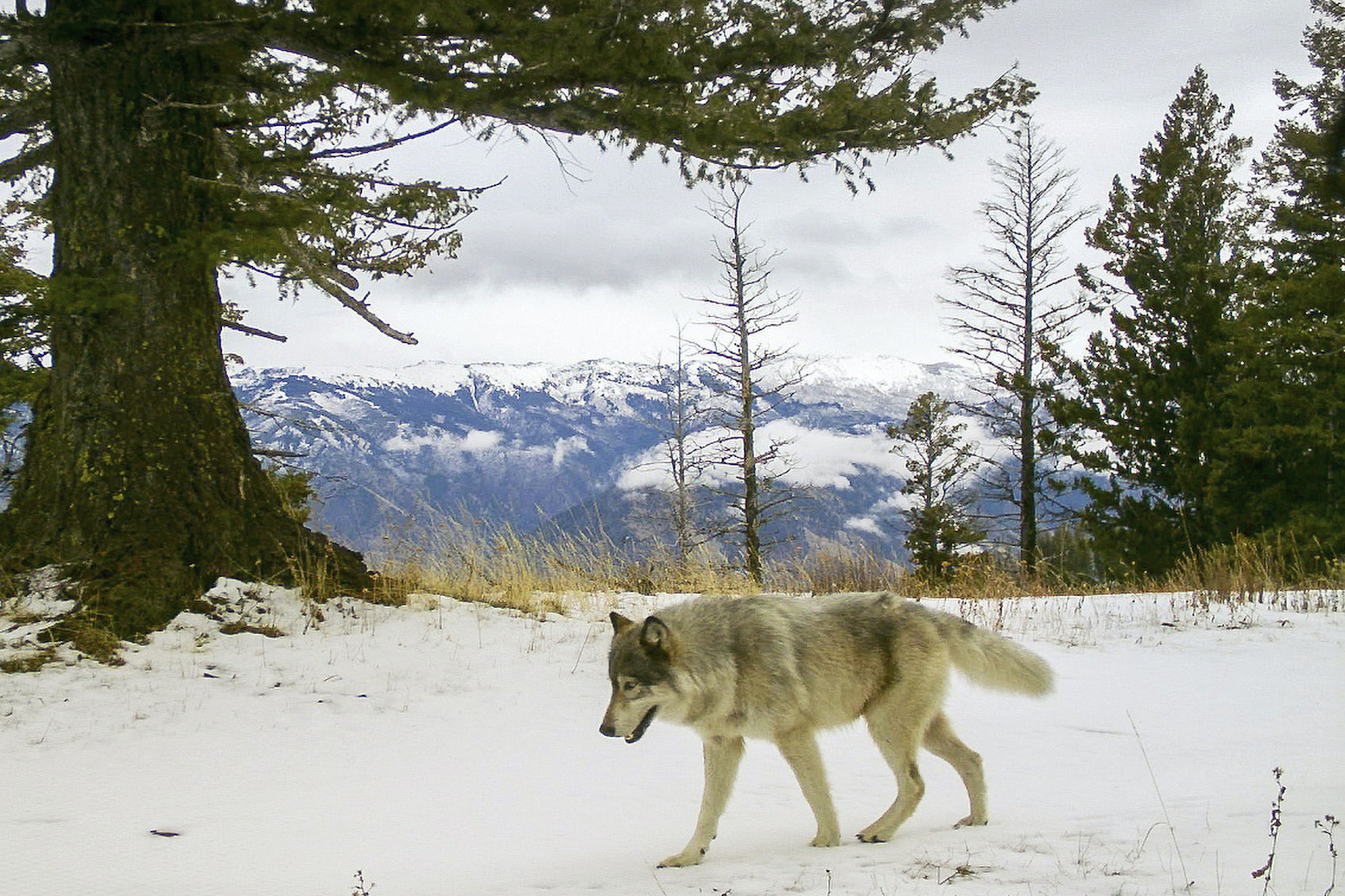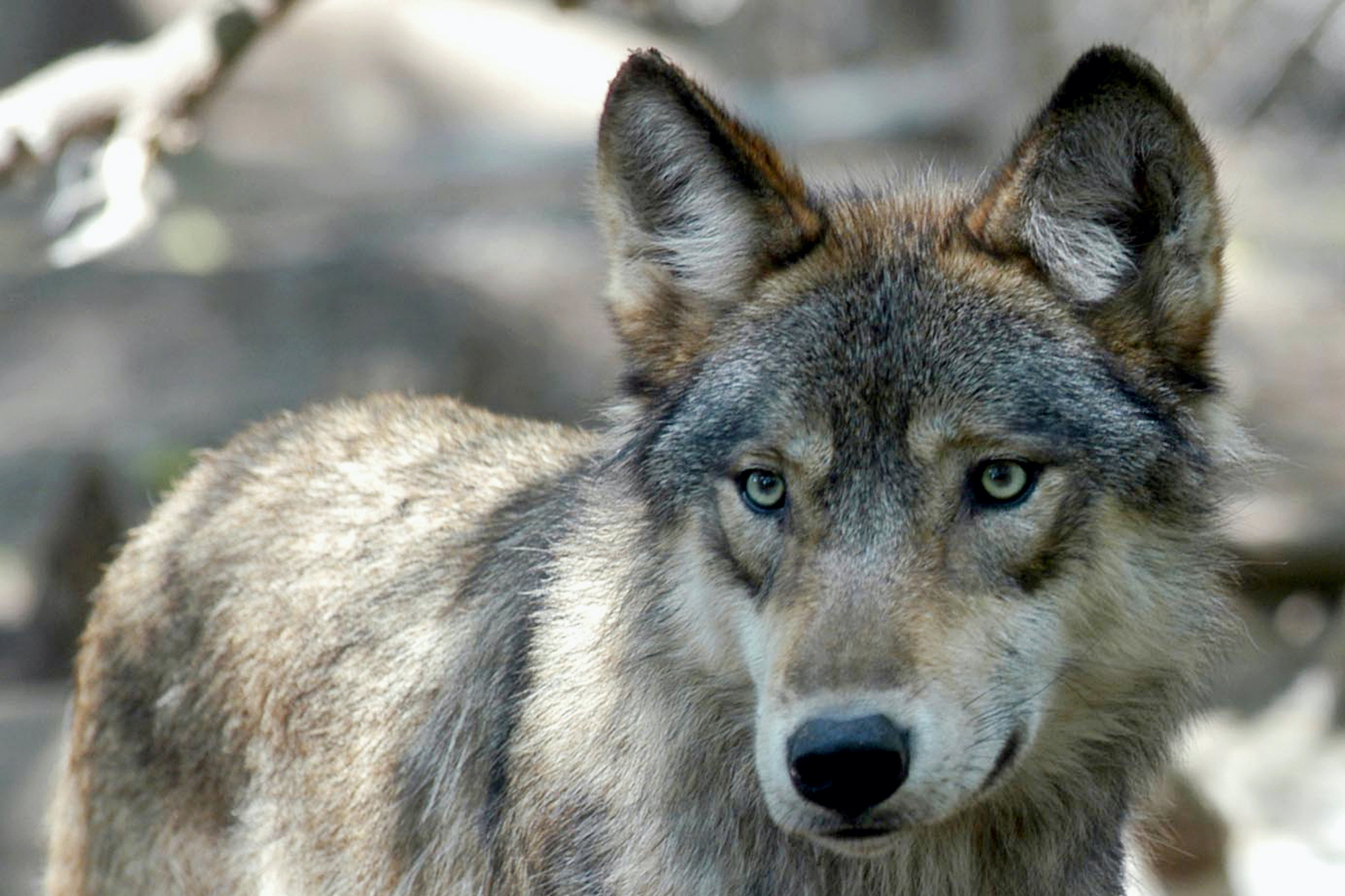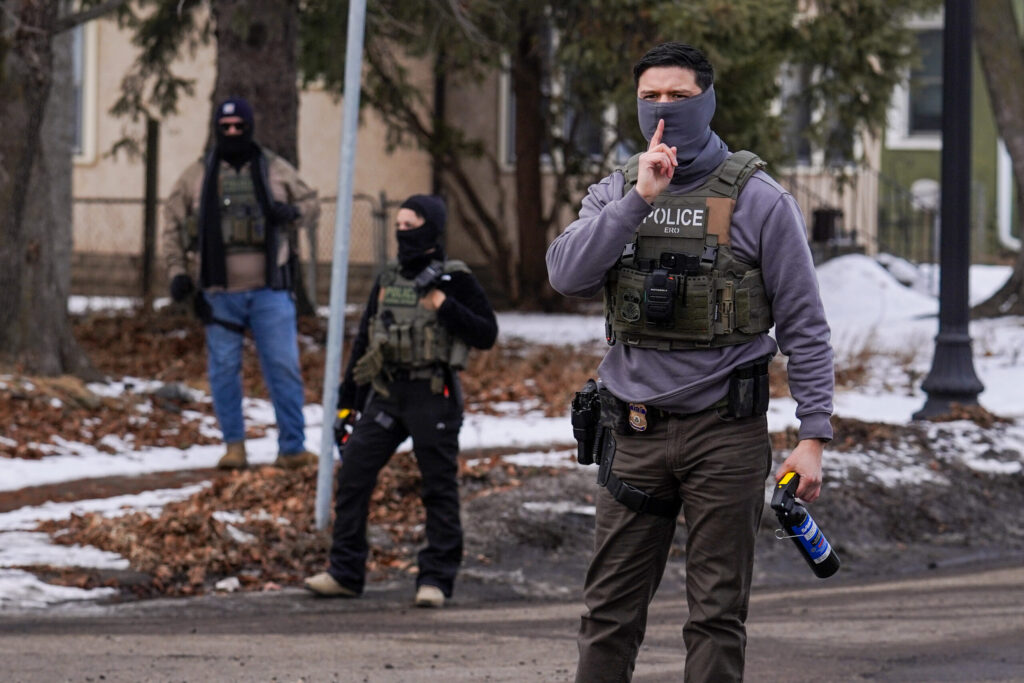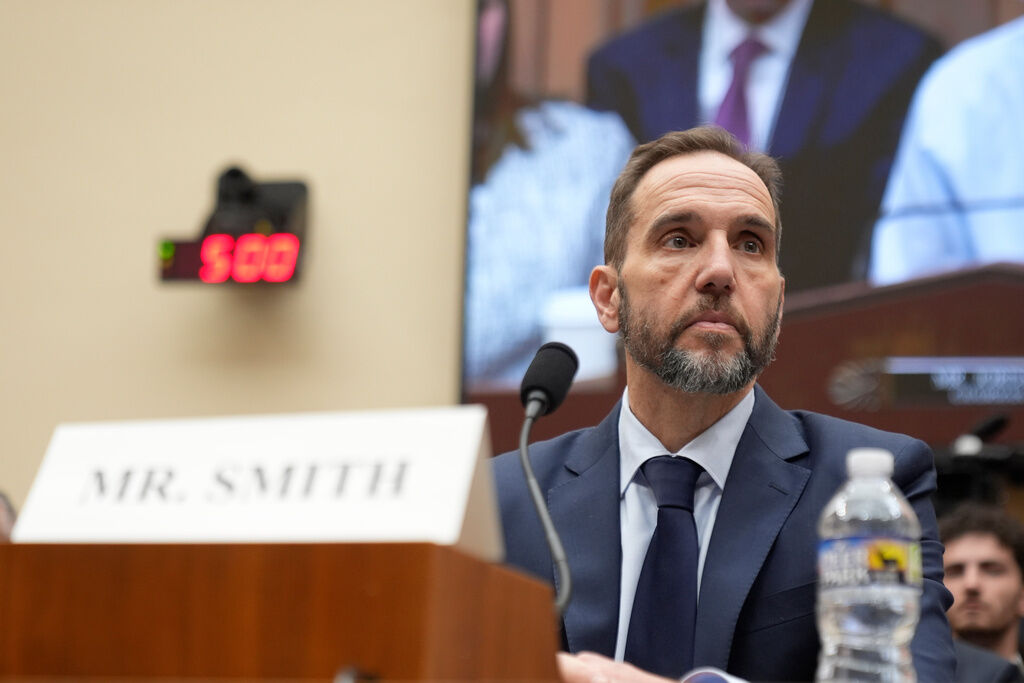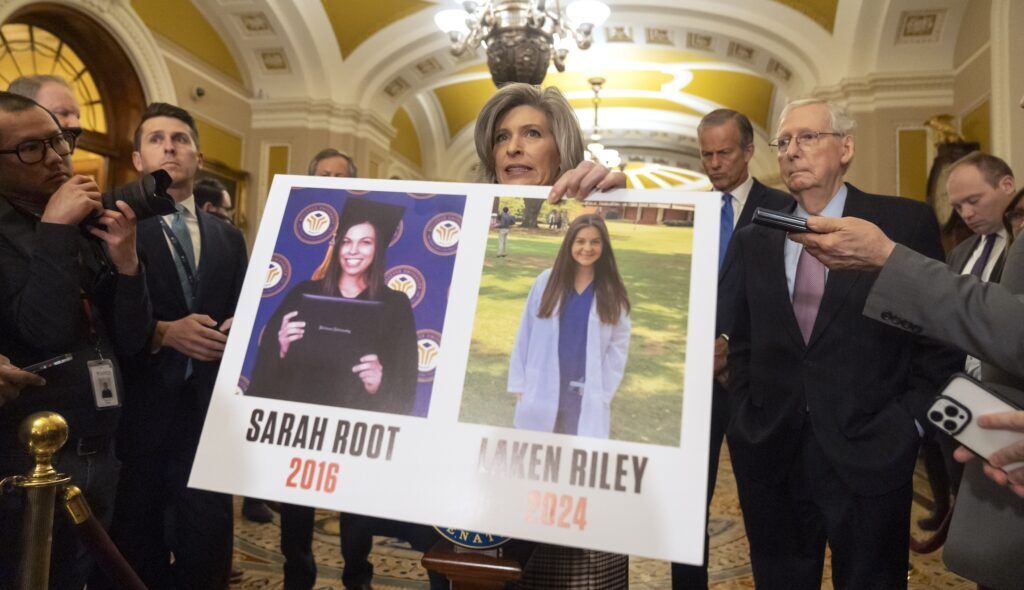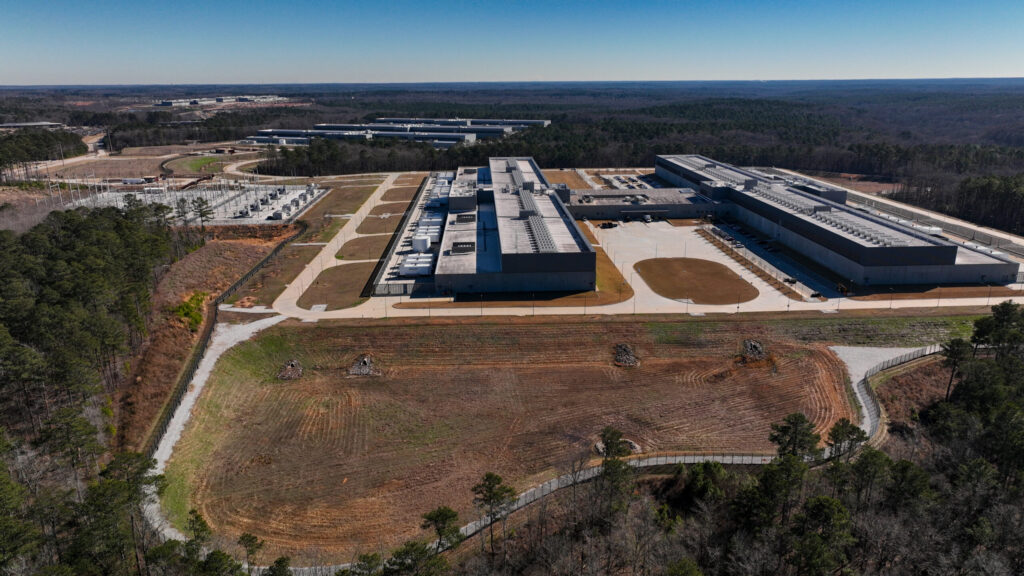Pair of wolf bills wins approval from Colorado Senate committee
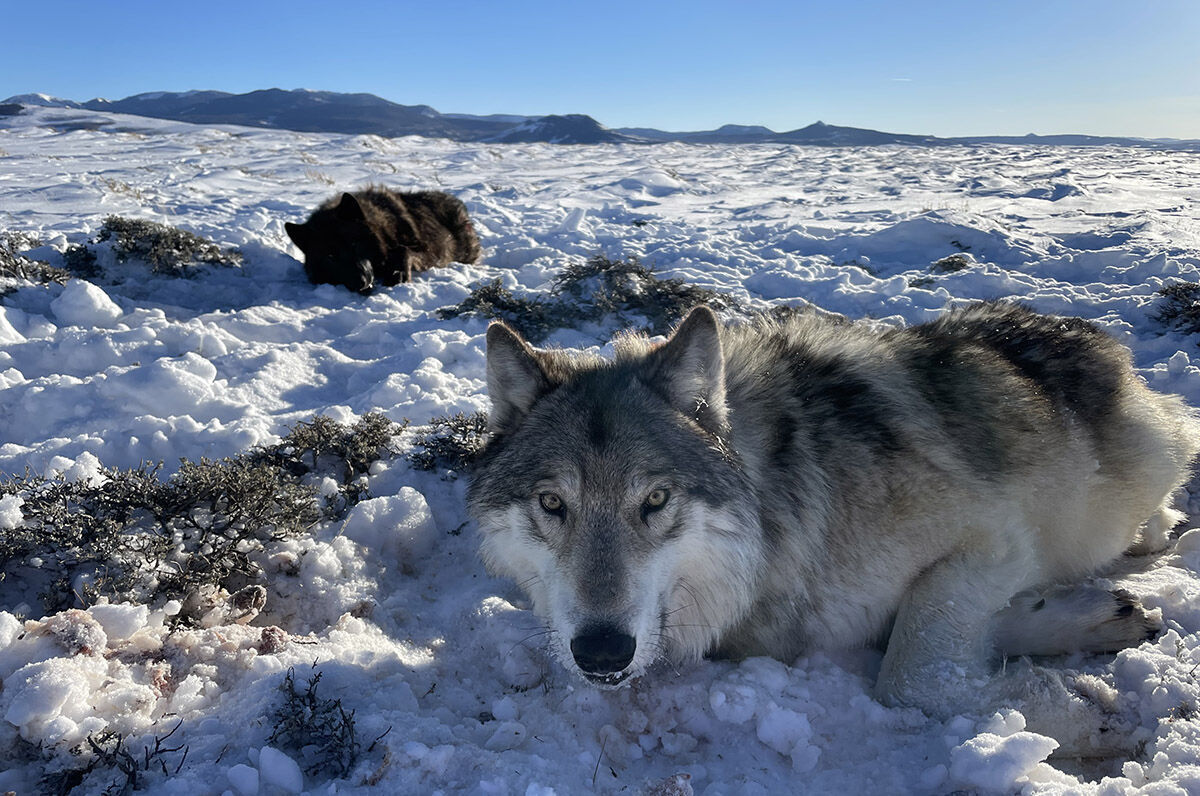
Two bills intended to move Colorado forward on its voter-approved requirement to reintroduce the gray wolf won approval from the Senate Agriculture and Natural Resources Committee.
Senate Bill 255 would set up a $350,000 per year compensation account, paid for with general fund dollars, to reimburse ranchers when wolves kill their livestock. The bill, co-sponsored by Ag Chair Sen. Dylan Roberts, D-Avon and Sen. Perry Will, R-New Castle, won a unanimous vote from the committee.
The second bill, SB 256, didn’t have so easy a path, both in the committee and likely when it reaches the Senate floor. It won a 5-2 vote, with two Democrats, Sens. Kevin Priola of Henderson and Janice Marchman of Loveland, voting against.
Both bills were sent to the Senate Appropriations Committee.
The bill drew a testy exchange between Roberts and the head of the state Department of Natural Resources over whether wolves would be reintroduced without a federal rule designed to give the state maximum flexibility in its management of wolves. It also faced rigorous opposition from a variety of environmental groups, who claim the bill will delay wolf introduction for six years and maybe longer.
SB 256 focuses on the efforts of the Colorado Division of Parks and Wildlife to obtain what’s known as a 10(j) rule from the U.S. Fish & Wildlife Service.
That rule would allow wolves to be classified as a nonessential, experimental population, with the state taking the lead role on managing the population. USFWS is currently in the rule-making process and is expected to finalize 10(j) by mid-December.
Colorado voters, primarily those in urban areas , approved Proposition 114 in 2020 with 50.9% of the vote. That ballot measure requires grey wolves to be reintroduced in Colorado on designated lands west of the Continental Divide by Dec. 31, 2023. The designated areas are primarily public lands but previous studies have shown they can migrate 50 miles within a month of reintroduction and as much as 140 miles from their initial location.
Colorado has already begun to see gray wolves migrating into the state. A wolf pack in Jackson County is believed to have killed dogs and calves on several ranches. Gray wolves are on the Endangered Species list though, which mean current law prohibits ranchers or others from shooting wolves attacking livestock, though shooting wolves is permitted in defense of a human. At the state level, killing a wolf is a state offense that could result in a criminal fine of up to $50,000 and a year in jail.
But under 10(j) and with wolves listed as a nonessential, experimental population, the state plan would allow for “lethal takes,” the killing of wolves attacking livestock, for example, as well as other non-lethal management tools.
SB 256 requires all legal challenges to 10(j) be completed before wolves can be reintroduced. That could take years, opponents pointed out Thursday. The federal statute of limitations requires all legal challenges to be filed within six years, but opponents noted that someone could file a legal challenge at the end of that six-year period and years of litigation could ensue, further delaying reintroduction.
The bill also requires the state to obtain the 10(j) designation before reintroduction. USFWS is expected to complete that rule in mid-December, but Roberts told the committee that there is cause to be concerned about that timeline.
He said the federal process could get hung up for all kinds of reasons, and any delay would push the rule past December 31. Wolves would then be reintroduced without the rule, and “once wolves are on the ground, that can’t be reversed.”
“It’s like toothpaste out of the tube,” he said.
SB256 would guarantee that CPW’s intent is honored and that the department would have the flexibility it needs if the timeline is disrupted.
Environmental groups that support the 10(j) designation don’t support the bill. Neither does Gov. Jared Polis, who also advocates for the 10(j) rule but opposes the process laid out in SB 256.
The state could move forward with a 10(j) designation without SB 256, but wildlife groups and ranchers advocate for the bill, stating they want the process to be done right.
The state could also move forward without a 10(j) designation, but that would mean wolves would remain as an endangered species in Colorado and nearly three years of work by the CPW, mandated by Proposition 114, would be wasted, as management would be handled by USFWS.
Renee Diehl’s family owns and operates a sheep ranch in Delta County, as well as leasing grazing land in Gunnison County, within the area designated by CPW for wolf reintroduction. Diehl is a member of the stakeholder advisory group, one of two outside groups that worked with CPW on the reintroduction plan, and she supports SB 256.
“Our hard-fought recommendations helped to advise CPW’s draft plan with goals to minimize impacts while restoring wolves,” she told the committee. SB 256 directly supports CPW’s proposed impact based management plan. Without a 10(j) designation, CPW will not be able to even follow their own plan, she said.
Diehl pointed out that without 10(j), critical tools would not be available to CPW, livestock producers and even the conflict management tools advocated for by wolf proponents. “This reintroduction will be woefully unsuccessful without the ability to use all the necessary tools.”
Dan Gibbs, executive director of the Department of Natural Resources, testified against SB 256 on behalf of CPW and the Polis administration. Obtaining 10(j) would allow the state maximum flexibility for managing the wolf population, he told the ag committee Thursday. “It’s the preferred path” of governor and CPW, which has invested $1 million into the process of developing the plan. The state is on track to reintroduce wolves at the end of the year, he added.
But SB 256 would deny the will of Colorado voters, Gibbs said. “It is a solution in search of a problem…If it were to pass, it would unacceptably tie the hands of the state of Colorado to a federal process” where litigation could drag out reintroduction to 2029 or later.
Gibbs said they are committed to a partnership with wildlife and ag communities, although many of those groups are the very ones backing SB 256.
But Gibbs also dodged repeated questions from committee members during the hearing about whether the state would reintroduce wolves without the 10(j) designation. Those rules have been “battle-tested” with litigation, he told the committee. “We don’t want to welcome litigation” but indicated he believes SB 256 would do that.
“We have to keep all legal options on the table, and 10(j) is the preferred path,” he said, when pressed by Roberts on the question a second time.
Roberts asked the question again.
“There’s a lot of hypotheticals,” Gibbs replied. “We don’t think [SB256] belongs in state statute.”
Roberts told Gibbs people are worried that the state is moving forward with the Dec. 31 deadline for reintroduction with USFWS expected to issue its ruling on Dec. 15. Roberts then said he believes, based on Gibbs’ answers, that the state will introduce wolves in December without the 10(j) rule.
SB 56 guarantees the state obtains the 10(j) before reintroduction, Roberts said as the hearing wrapped up. “This is not something that is to subvert the intent of the voters,” a claim made by several witnesses. Roberts said his constituents wanted him to write that bill and it would have been perfectly legal. Instead, SB 256 “honors the current process and what the department calls its preferred path.” He also pointed out that Conservation Colorado, one of the state’s leading environmental organizations, also supports the bill.
Marchman, in explaining her “no” vote, said outside of its requirement for a 10(j), the bill looked like a delay tactic. Roberts said he believes the federal rule process will be done in time, and on the bill’s litigation language, Roberts pointed out that environmental groups are already talking about lawsuits, which has happened with 10(j) rules in other states, such as Idaho.
